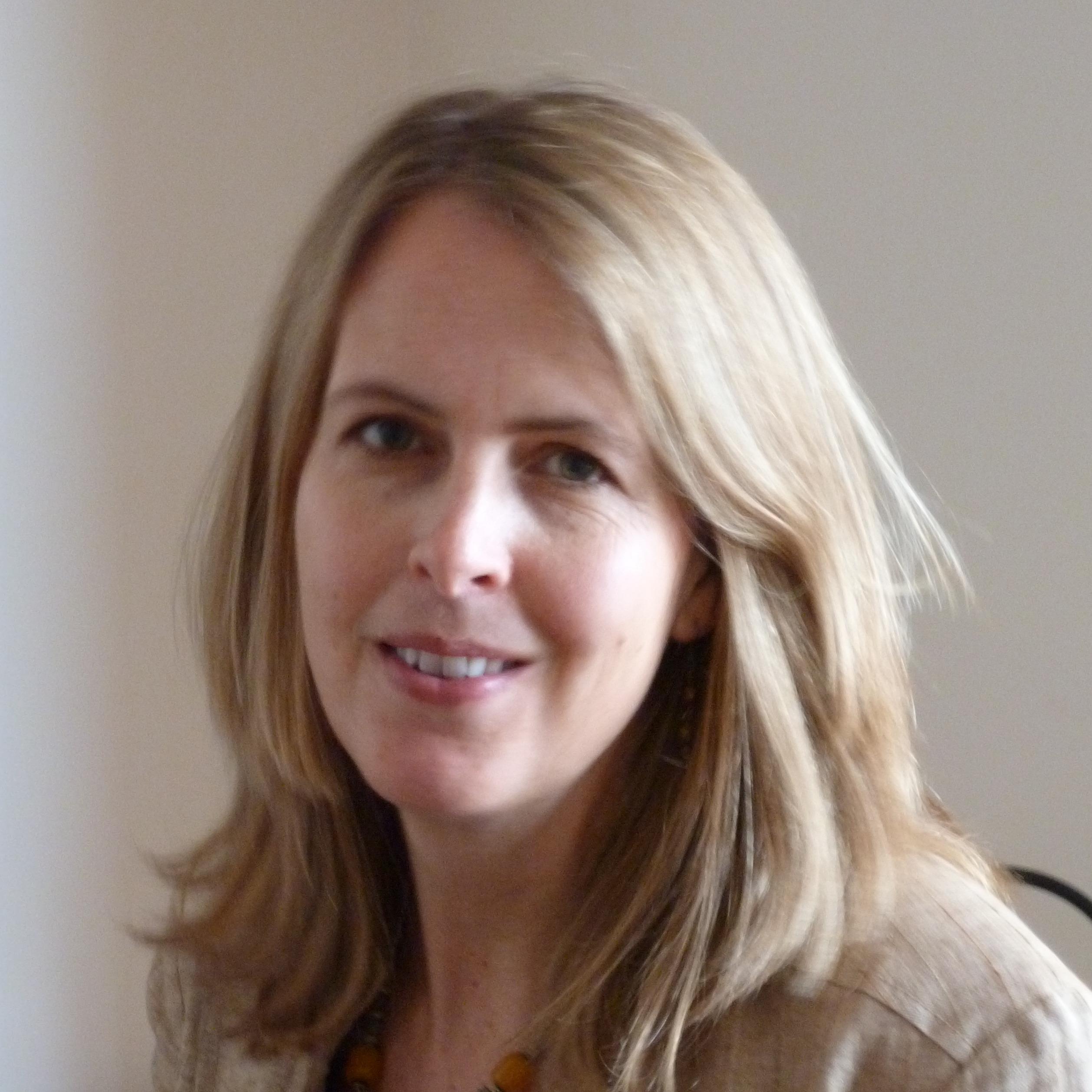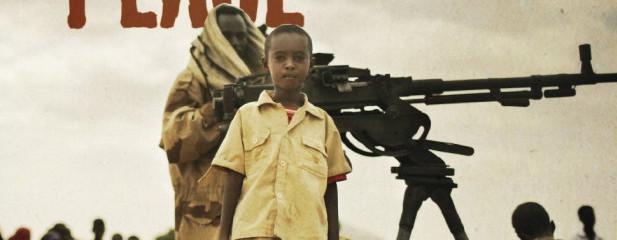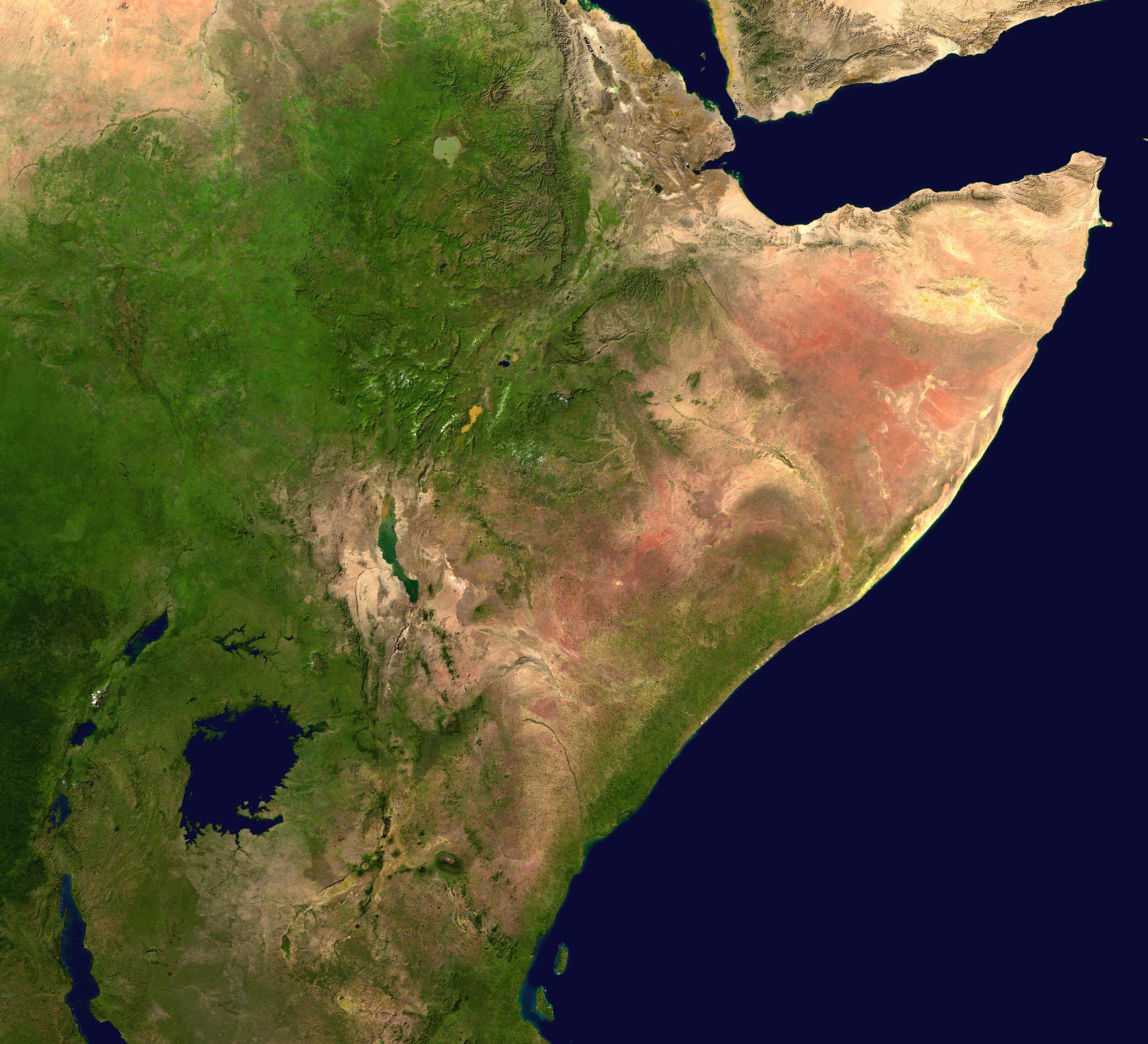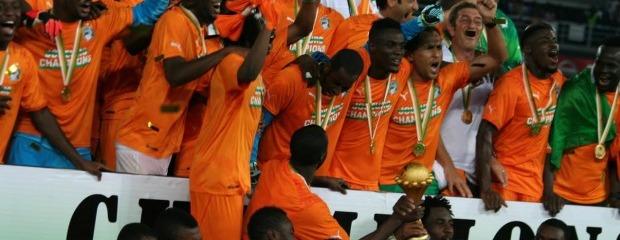Ongwen and the ICC: talking justice in Uganda – By Lucy Hovil

 The relationship between the International Criminal Court (ICC) and African civil society is certainly an interesting one. On the one hand, the proliferation of conflict on the continent has led to an ever increasing deficit in justice, and the ICC is seen by some as a crucial component in filling this hole. On the other, many actors have expressed concern about the prominence accorded to the ICC: some have accused it of being another form of neo-colonial domination; others have expressed concern about its detrimental impact on domestic peace processes or wider justice efforts, especially in the context of inadequate understanding of local contexts; while others have criticised it for failing to protect those who collaborate with it or address the needs of victim communities.
The relationship between the International Criminal Court (ICC) and African civil society is certainly an interesting one. On the one hand, the proliferation of conflict on the continent has led to an ever increasing deficit in justice, and the ICC is seen by some as a crucial component in filling this hole. On the other, many actors have expressed concern about the prominence accorded to the ICC: some have accused it of being another form of neo-colonial domination; others have expressed concern about its detrimental impact on domestic peace processes or wider justice efforts, especially in the context of inadequate understanding of local contexts; while others have criticised it for failing to protect those who collaborate with it or address the needs of victim communities.
Meanwhile, the water around those with legitimate concerns and critiques has become increasingly muddied by attacks on the court by those in positions of power who see rubbishing accountability as key to their survival. While these differences of opinion have sometimes led to constructive debate, with local and international civil society genuinely seeking to find the right paths forward, they have also – possibly more frequently – led to an acrimonious stand-off. Too often, raising concerns about how the ICC is doing its job has been equated with favouring impunity.
In many respects, the reaction to the ICC’s engagement in northern Uganda was the first iteration of this debate. Eleven years later, the recent surrender in the Central African Republic of Dominic Ongwen, one of the commanders of the Lord’s Resistance Army (LRA), and the prospect of his trial, provides a good opportunity to revisit these disagreements. While the landscape has shifted considerably since 2004 – including an end to armed conflict in northern Uganda, the Juba Peace Process, ongoing local initiatives such as the Beyond Juba initiative, and the creation of a division of the Ugandan High Court to hear war crimes and related cases, not to mention heavy investment by the ICC in outreach activities in northern Uganda, and a new prosecutor at the ICC itself – many of these tensions remain.
Without wanting to simply rehearse old and tired debates, it is worth looking back to the ICC’s initial engagement in Uganda in order to reflect on whether or not the renewed focus that has been put on the war as a result of Ongwen’s pending trial, presents an opportunity to address them.
When the government of Uganda announced on 29 January 2004 that it was making the first referral of a country situation to the ICC, the stakes were high. The ICC was a new institution with the formidable mandate of ending impunity for the worst crimes throughout the world, and northern Uganda was its first situation. On paper, the LRA seemed a perfect target. Its notorious leader, Joseph Kony, abducted and abused children, carried out atrocities of the most appalling nature, and had a cultish aura that seemed to negate any rational political agenda. It was also responding to a request from the government of Uganda to investigate the LRA, which presented it with the opportunity to test out its mandate in the relatively uncontroversial waters of a state referral.
However, the announcement of the ICC’s investigation, followed by the issuing of arrest warrants in 2005, created considerable tension and a bitter debate on the ground in Uganda. Positions polarised around the appropriateness of different forms of justice, with the ICC and a number of international human rights organisations speaking out in favour of criminal accountability as a necessity for peace, and many local human rights and civil society organisations, and community leaders in the north, speaking out in favour of prioritising peace negotiations and considering other forms of justice.
The vigorous exchange that followed significantly undermined the areas of mutual understanding and common ground that could have led to a healthy discussion on ending the war and creating an environment of sustainable peace. Instead, it set up a false distinction between the demands of justice and the demands of peace.
One of the substantive concerns that local civil society expressed was the lack of focus on accountability for the actions of the government of Uganda. For those in the north caught up in the midst of the war, although there was minimal support for Kony’s actions, the government was perceived to be as much a source of instability and human rights abuses as the LRA. It had not only failed to protect its citizens, but had compounded their misery by forcing much of the rural population into so-called “protected villages”. Therefore, they wanted accountability not only for the government’s inability to protect civilians, but its alleged complicity in their suffering.
By focusing so much on the role of the LRA alone (reports to the General Assembly do not even mention information on government crimes until 2010), the ICC was seen to be not only failing to recognise wider grievances that lay at the root of the conflict, but was inadvertently promoting the government’s narrative of the conflict – that the LRA had no legitimate political agenda and was merely a “terrorist” or “criminal” group. As a result, it appeared to have become complicit in the political manoeuvring that has enabled President Museveni to maintain power for almost three decades.
Eleven years later, this concern remains valid, not least given the fact that political space in Uganda seems to have only contracted. The fact that the ICC has still only brought charges on one side of the conflict (albeit recognising the legal realities around this decision) means that many still see the ICC as pursuing one-sided justice. The difference now, is that even those that have always been strong supporters of the ICC have acknowledged this as a problem – although their response has been somewhat different, arguing that it is better to take what justice we can get and continue to work on government accountability in other fora where possible.
Of course, the ICC was only ever intended to be part of the solution. It cannot address the many injustices that are the result of structural inequalities in society, rather than the result of individual actions – although, ideally, individual prosecutions would help to highlight and expose these structural factors. However, the risk is that a focus on the “criminality” of a few may actually come to be seen as an explanation for all the violence, thereby obscuring the root causes. It points to the need for complementary approaches that significantly take into account the role played by the government of Uganda in the war, and allow for the re-building of civic trust that has been so severely depleted.
Inevitably, these concerns have come sharply into focus with the appearance of Ongwen at the ICC, suggesting that any outcome of his trial is unlikely to be seen as “justice” from the perspective of those who lived through this painful conflict unless broader issues are also addressed.
Positively, Ongwen’s status as both a victim and a perpetrator (however that might be interpreted) has been widely debated since his arrest, highlighting not only the atrocities he is alleged to have committed but also the government’s failure to protect him from abduction in the first place. The extent to which this narrative is explored and addressed in court is going to be a key component to the quality of justice delivered by the trial. The emphasis that is placed on the issue of cause and effect and the complicity of both sides will have an impact on the external perception of the validity of the final judgment, whatever it may be. If managed appropriately, actors outside the court could use it to help build pressure for other justice processes.
The trial of Ongwen, therefore, creates an opportunity for local and international civil society to put the pressure on the government of Uganda to renew dialogue on, and promote implementation of, its transitional justice policy framework, and to expose factors behind the war that have remained concealed. Of course, these are all complex issues and the ICC’s proceedings against five people, much less the trial of a single individual, were never going to be sufficient in addressing the massive deficit in justice in northern Uganda. However, unless Ongwen’s case is understood in its broader context, it has the potential to, inadvertently, do more harm than good.
Lucy Hovil is Senior Researcher, International Refugee Rights Initiative.







Thanks a lot Dr Lucy Hovil for this timely insight. This speaks to my recent argument during my presentation last year in December here at the University of Johannesburg that International Justice can never be comprehensive if it does not delve into understanding the causes of violence in the cases this system of justice seeks to respond to. This is because only focusing on the effects robs transitioning societies of the chance to find sustainable solutions to the violence, as a guarantee of a non-relapse into conflicts of any kind. Therefore, I agree to the fact that criminal justice is a quick-fix solution to complex problems which requires an interplay of approaches to which transitioning societies must play a pivotal role in addressing their unspeakable past legacies. This is because they understand the terrain, and therefore can better ways of addressing the aftermath of conflict.
Thank you very much for this thoughtfully and engaging piece of writing.
the insight of icc is an eloborate trends of history that u also admit..
can we find why there has been no elaborate solution for conflicts in africa, caused by sections of societies who contribute to conflicts in some societies in the globe…. who is surely responsible….. somebody must be solely or partly responsible… africa has a role but more interesting somebody is more responsible…..
blame game cannot be measured… we now should take the measure…. justice whethere local or international….. the victims willl for sure know…. we can testify kony and his team are conduits for crimes… no more to just portion. must be measurable…..